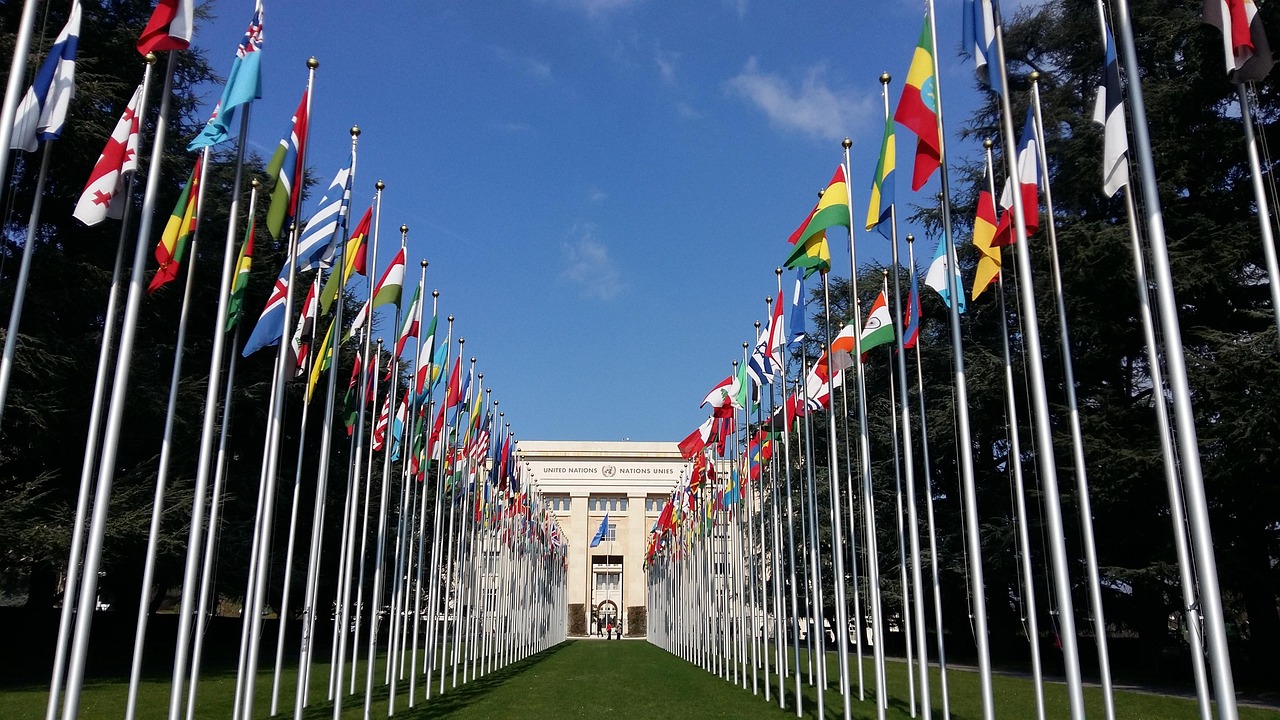
The Kyrgyz Republic has been an official contracting state of the Hague Convention of October 5, 1961 (also known as the Apostille Convention) since June 1, 2011. This international agreement simplifies the recognition of public documents abroad by replacing the lengthy consular legalization process with a streamlined apostille procedure.
Despite Kyrgyzstan's membership, countries like Germany, Belgium, Austria, and Greece have raised objections to the convention's applicability. In particular, Germany's objection meant that Kyrgyz documents still had to undergo consular legalization until recently—a time-consuming and costly process.
Apostille now Sufficient
On October 7, 2024, Germany officially withdrew its objection, allowing the Apostille Convention to fully apply between the two countries. Since that date, public documents from Kyrgyzstan only require an apostille to be recognized in Germany, eliminating the need for consular legalization.
However, it is important to note that apostilles issued before October 7, 2024, are not recognized in Germany. Such documents must still undergo the consular legalization process. Between October 7 and October 31, 2024, a transition period was in effect during which both apostilles and consular legalization were accepted. Since November 1, 2024, only apostilles are recognized for document validation between Kyrgyzstan and Germany.
Exceptions and Special Regulations
Despite the formal application of the Apostille Convention, German authorities reserve the right to verify the authenticity and content of documents in certain cases. The German Embassy in Bishkek explains:
“As part of official or legal assistance for German authorities and courts, the embassy can provide a professional assessment of whether the situation confirmed by the documents corresponds to reality, thereby supporting the decision-making process of German institutions.”
This verification process particularly applies to visa applications, especially for family reunification. In such cases, the embassy or local immigration office decides if additional verification is necessary. Private individuals cannot request verification directly from the embassy; it is reserved exclusively for official inquiries.
While Germany has withdrawn its objection, the objections from Belgium, Austria, and Greece remain. This means Kyrgyz documents still require consular legalization in these countries, complicating cross-border legal procedures.
Benefits for Kyrgyz Citizens and Businesses
The recognition of Kyrgyz apostilles by Germany offers numerous advantages:
- Faster processing of visa applications and other legal matters
- Simplified document legalization for academic, legal, and business purposes
- Lower costs and reduced bureaucracy, as apostilles are more accessible than consular legalization
How Can We Help?
If you are located outside Kyrgyzstan, we are happy to assist you with the apostille and legalization of documents for use abroad. Feel free to contact Schmidt & Schmidt; we have extensive experience in legalizing various documents and offer all necessary services in this area, including the preparation of notarized copies, translations, preparation of necessary powers of attorney, document legalization at government agencies and foreign consulates, and delivery of the finalized documents to most countries worldwide. Learn more about the legalization and apostille process on our website.
What is an apostille?
In our video, we explain what an apostille is, why it is needed, how and where it can be obtained, and the history of document apostilles.
If you need to place an apostille on a document issued abroad, contact Schmidt & Schmidt.
We offer apostille services in more than 100 countries worldwide.







